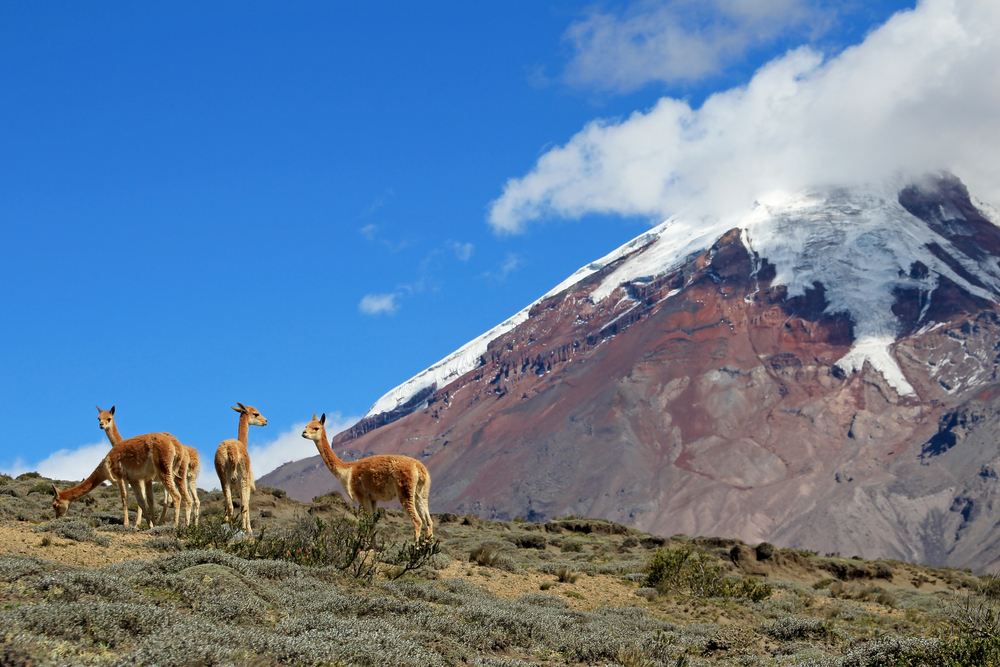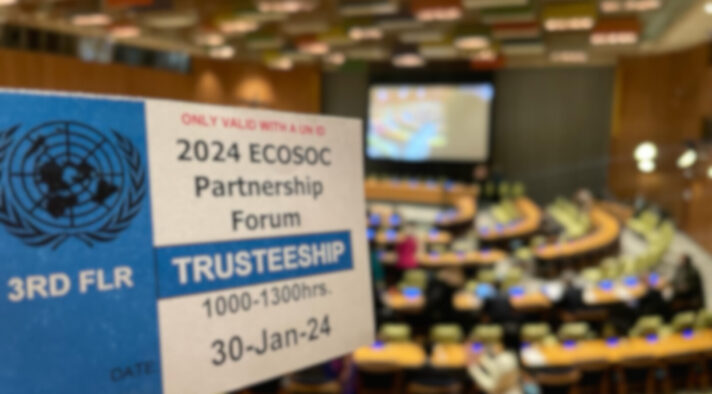Last 7 – 11 September, the Consortium of Autonomous Provincial Governments of Ecuador (CONGOPE), member of Regions4, held the International Forum for Territorial Development Cooperation: Challenges, opportunities and demands of the post-COVID -19 territories. The aim of the event was to promote the development of capacities in the management of international cooperation and the exchange of knowledge, perspectives and experiences on the legal frameworks and institutional mechanisms of international cooperation for development in various thematic areas.
The Regions4 Secretariat and Regions4 member, Campeche, were invited to participate in the “Environment and cooperation: challenges in the new normal” session to discuss the key role of regional governments for biodiversity protection and the contributions of the Advisory Committee on Subnational Governments (AC SNG) to the post-2020 global biodiversity framework.
Biodiversity conservation involves the first challenge of accepting that all humanity is recognized as responsible for the loss of this, and in turn, that we all assume the responsibility of protecting, maintaining and conserving the variety of living beings such as animals, plants, marine areas, forests and all ecosystems in general.
International cooperation for the protection of the environment has had an impact at a global level through the signing of agreements, project financing, exchange of specialists in the field and many other actions because it is considered that environmental costs must be assumed by government spheres, as well as by private initiative and by society as a whole, but there is still much to do, for which public policies must be developed to protect and promote these actions.
Regions4 Secretary General, Iñaki Susaeta, presented the contributions of the AC SNG to the Thematic Consultation on the Sustainable Use of Biological Diversity, and highlighted the following considerations
- to recognize the role played by subnational governments in the implementation of the 20 global goals that are currently being considered in the zero draft of the Global Biodiversity Framework to be adopted in COP15. In particular, thoe related to the sustainable use of biodiversity, nature-based solutions and the integration of biodiversity across policies
- the need to value subnational governments’ participation in the post-2020 process to provide specificity regarding the implementation of these goals, which occurs mostly at the local and regional level
- the importance of highlighting the vertical and horizontal integration of all levels of government.
Furthermore, he highlighted: “the current global situation invites us to respond urgently to this wake-up call from nature: we are witnessing the importance of protecting our biodiversity and the consequences that its loss brings. Today more than ever we must work collectively and bring the voices and experiences of regional governments to the international forums where our future is decided.”
On the other hand, the Government of Campeche shared their efforts to monitor the density of jaguar’s population in the region. In alliance with the Panthera Foundation and the Autonomous University of Tabasco, they identified the population of jaguars in the area, with these findings they have planed the launch of the first biological corridor for jaguars in the country.
They also stressed the fundamental need of monitoring biodiversity as they do with the population of crocodiles in the region by carrying out eco-toxicological analyses of their bodies of water in order to develop more successful conservation plans.
If you wish to know more, watch the recording of the event at: https://www.facebook.com/watch/?v=973140646524452



